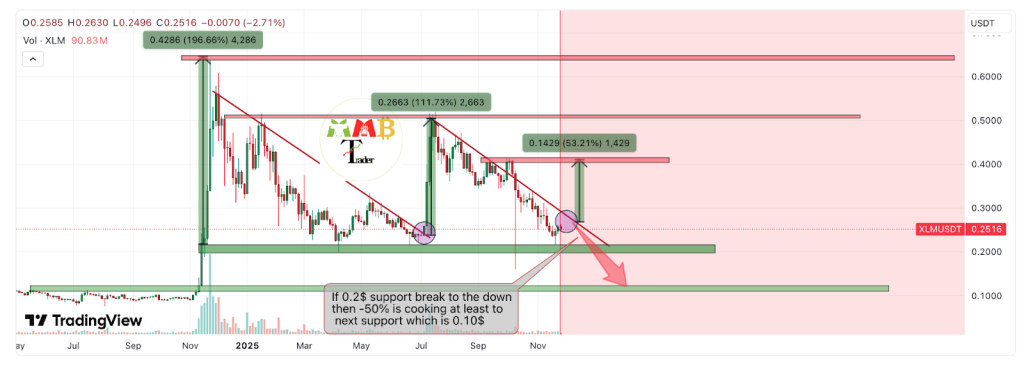Japan's SBI Shinsei Bank joins forces with Singapore fintechs to establish a settlement network with tokenized deposits
- Multi-currency settlement with real-time blockchain
- Tokenized deposits boost international transactions
- Partnership connects Japan and Singapore in the financial market
SBI Shinsei Bank, one of Japan's most important financial institutions, announced a partnership strategic partnership with Japanese fintech DeCurret DCP and Singaporean Partior to advance blockchain-based multi-currency settlement solutions. The agreement was formalized through a memorandum of understanding and aims to explore how tokenized deposits in different currencies can simplify international payments.
The project aims to replace traditional correspondent banks, known for their slowness and high costs, with a real-time settlement model. Blockchain technology is at the heart of this initiative, enabling funds to cross borders more quickly and at lower costs.
Under the new arrangement, SBI Shinsei will be responsible for issuing digital deposits, while DeCurret will connect to the DCJPY system. Partior will integrate the Japanese yen into its existing platform, which currently processes US dollars, euros, and Singapore dollars in transactions for major global banks, including JPMorgan, DBS, and Deutsche Bank.
For DeCurret, the development represents an expansion of the yen-based model to a multi-currency tokenized deposit network. For Partior, the collaboration marks a strategic expansion into Asia and a practical test of how tokenized deposits can support a global settlement system, bringing the concept closer to traditional finance.
The initiative also echoes other international projects, such as the Bank for International Settlements' (BIS) Agora Project, which integrates commercial bank deposits and central bank wholesale currency, and Singapore's Guardian Project, which tests tokenization in securities, loans, and foreign exchange. These moves reflect how regulators and financial institutions are preparing to handle a flow of programmable money on an international scale.
If successfully implemented, the partnership between the Japanese bank and fintechs could create an always-on settlement network, reducing intermediaries, increasing operational efficiency, and strengthening the role of tokenized deposits as a tool for reshaping international payments.
Disclaimer: The content of this article solely reflects the author's opinion and does not represent the platform in any capacity. This article is not intended to serve as a reference for making investment decisions.
You may also like
Do Kwon Wants Lighter Sentence After Admitting Guilt

Bitwise Expert Sees Best Risk-Reward Since COVID

Stellar (XLM) Price Prediction: Can Bulls Push Toward $0.30 in December?

21Shares XRP ETF Set to Launch on 1 December as ETF Demand Surges
